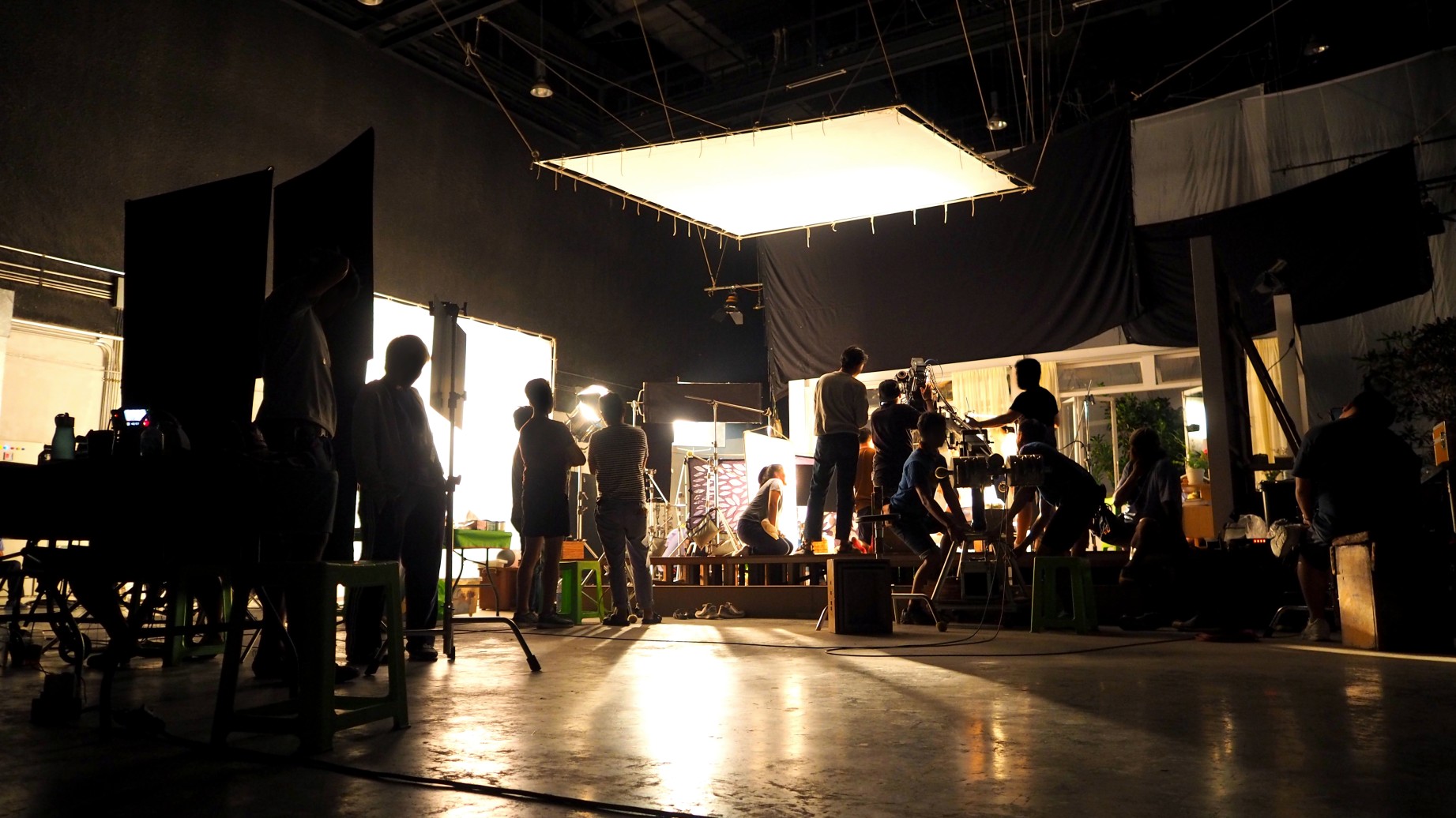Event Production: Where Creativity Meets Technology

Event production is the bridge between concept and reality, turning an event planner’s vision into an immersive experience. From managing stage design and audio-visual setups to integrating live streaming and interactive technologies, event production ensures that every element comes together seamlessly.
As technology continues to advance, event production is no longer limited to traditional methods. Innovations in automation, virtual reality, and sustainable practices are redefining how events are executed, offering producers new ways to captivate audiences and enhance efficiency. This blog explores the challenges, technological solutions, and future trends shaping the event production landscape.
1. Coordinating Complex Logistics
Managing multiple vendors, suppliers, and technical teams can lead to miscommunications and delays, especially for large-scale events.
2. Rising Costs of Production
High-quality production often requires substantial investments in equipment, labor, and technology, making budget management critical.
3. Integrating Virtual and Physical Elements
With hybrid events becoming the norm, producers must ensure seamless integration of virtual and in-person experiences.
4. Ensuring Real-Time Problem Solving
From equipment failures to last-minute changes, event production teams must be prepared to address issues instantly without disrupting the event flow.
5. Balancing Sustainability Goals
As environmental concerns grow, event producers face pressure to reduce waste and energy consumption without compromising quality.
1. Advanced Audio-Visual (AV) Solutions
Cutting-edge AV technology enhances the sensory experience of events.
Projection Mapping: Tools like Dataton WATCHOUT create stunning visual displays by projecting images onto irregular surfaces.
3D Audio Systems: Platforms like L-Acoustics’ L-ISA deliver immersive soundscapes, ensuring a consistent audio experience across venues.
LED Wall Systems: Companies like ROE Visual provide modular LED walls for dynamic backdrops and real-time visuals.
2. Automation and Workflow Tools
Automation simplifies complex production workflows, reducing time and errors.
QLab: A show control system for managing audio, video, and lighting cues.
ProductionPro: Helps producers visualize and coordinate scripts, props, and set designs in real time.
Zapier: Integrates production tools with task management platforms for streamlined communication.
3. Live Streaming and Virtual Production
Virtual and hybrid events require robust live streaming tools for seamless execution.
vMix: Provides multi-camera live streaming with real-time effects and overlays.
StreamYard: Simplifies live streaming for hybrid events, integrating with platforms like YouTube and Facebook.
Green Screens and XR Stages: Extended reality (XR) technologies allow for virtual set creation, blending live footage with digital environments.
4. Sustainable Production Practices
Technology is enabling greener event production without compromising quality.
LED Lighting Systems: Energy-efficient and versatile lighting solutions reduce power consumption.
Virtual Reality (VR) Simulations: Tools like Allseated Vision allow event producers to simulate setups, minimizing physical waste during rehearsals.
Digital Ticketing and Paperless Materials: Platforms like Swapcard eliminate paper usage, reducing environmental impact.
5. Real-Time Analytics and Monitoring
Analytics tools offer live insights into event performance, enabling producers to adapt on the fly.
EventOps: Provides dashboards for tracking event timelines, resource allocation, and attendance in real time.
Crowd Management Systems: AI tools monitor crowd density and movement, ensuring safety and optimizing flow.
1. Super Bowl Halftime Show
The Super Bowl halftime show is a pinnacle of event production, leveraging technologies like projection mapping, synchronized drones, and real-time video effects to deliver unforgettable performances.
2. Tomorrowland Music Festival
Tomorrowland incorporates massive LED screens, AR-enhanced visuals, and 3D stage designs to create immersive environments, setting new standards for music festivals.
3. Apple Product Launches
Apple’s meticulously crafted product launches use XR stages, high-definition streaming, and seamless production workflows to deliver impactful presentations watched by millions.
1. Extended Reality (XR) Experiences
XR technologies, blending augmented reality (AR) and virtual reality (VR), will create hyper-immersive environments, enabling attendees to interact with events in new ways.
2. AI-Powered Automation
AI will further streamline workflows by automating tasks like schedule optimization, equipment calibration, and issue resolution.
3. 5G-Enabled Productions
The rollout of 5G will enable ultra-low latency streaming, real-time analytics, and enhanced connectivity for large-scale events.
4. Crowd-Engaged Experiences
Future productions will incorporate interactive tools, allowing attendees to influence lighting, music, and other elements through apps or real-time voting systems.
5. Energy-Efficient Technologies
The adoption of renewable energy sources and battery-powered systems will make event production more sustainable and cost-effective.
Here are some standout SaaS tools transforming event production:
QLab: A comprehensive tool for audio, video, and lighting management.
vMix: Multi-camera live streaming software for hybrid events.
ProductionPro: Visualizes production workflows for enhanced coordination.
EventOps: Real-time monitoring and analytics for seamless event execution.
Swapcard: Promotes sustainability through paperless materials and digital ticketing.
Event production is no longer just about technical execution—it’s about delivering immersive, memorable experiences that resonate with audiences. With advancements in AV technology, XR environments, and sustainable practices, producers are equipped to create events that inspire and engage while meeting modern challenges.
As technology continues to evolve, the future of event production promises unparalleled creativity, efficiency, and environmental responsibility. For event professionals, the opportunity to redefine how we experience live events is more exciting than ever.

For modern telecom enterprises, delivering exceptional QoS is no longer optional—it’s a brand differentiator and a strategic lever for growth. Static provisioning models won’t cut it in a world of hyper-dynamic data usage.